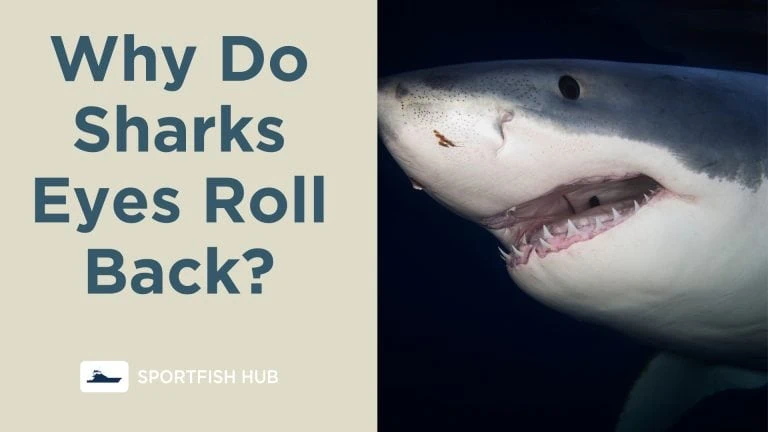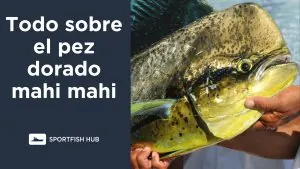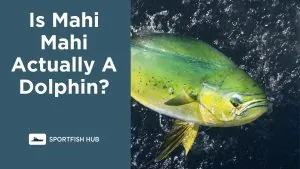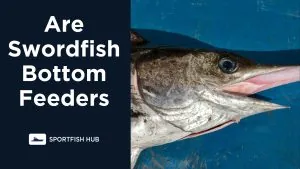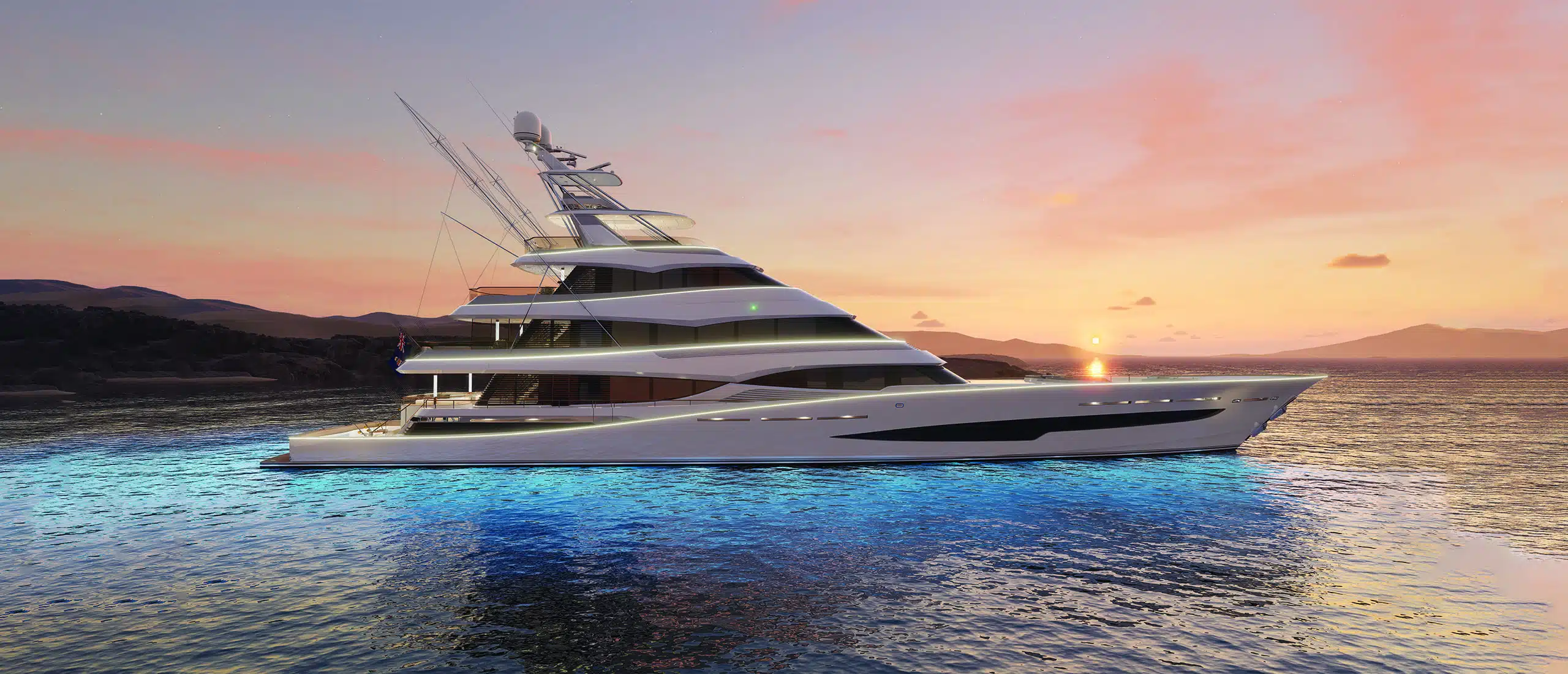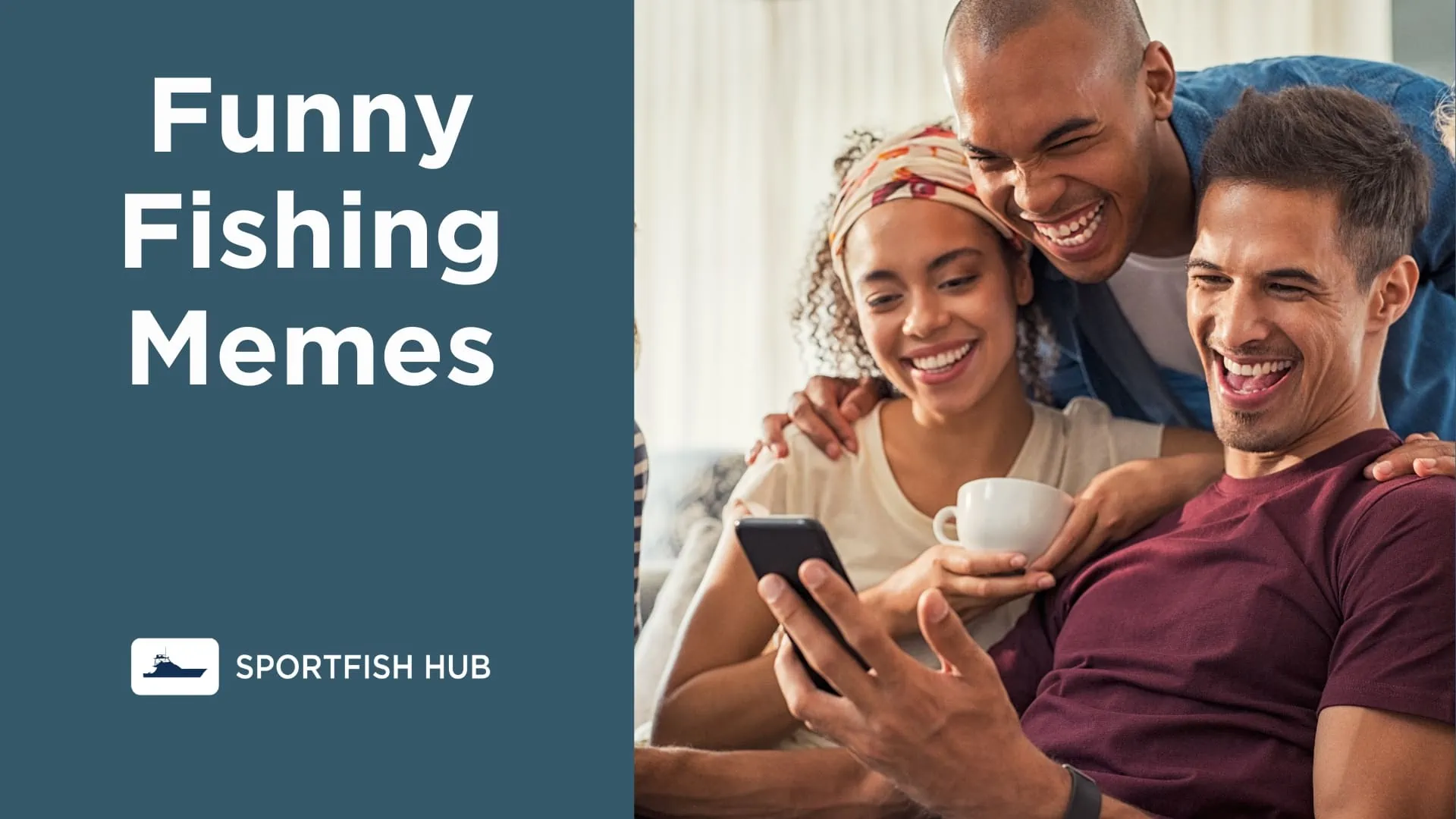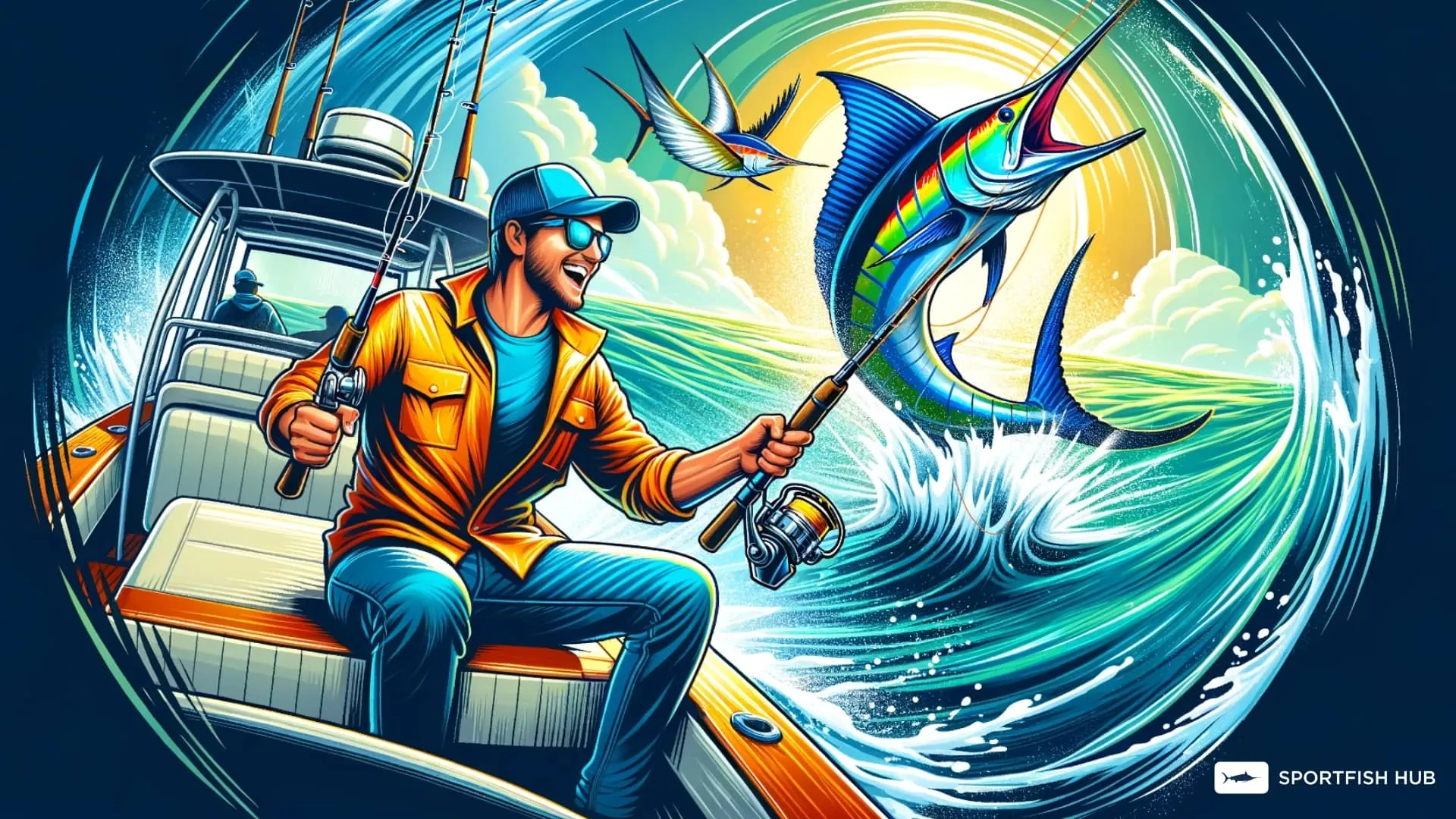Sharks, especially the great white sharks, have fascinated marine biologists and enthusiasts for years. One of the intriguing aspects of shark biology is their ability to roll their eyes back into their heads. This article will explore why sharks roll their eyes back, focusing on the great white shark’s unique adaptations.
Ocular Rotation: A Protective Mechanism
Ocular rotation is a term used to describe the phenomenon where sharks roll their eyes back into their heads. Here’s why they do it:
- Protection During Attack: It exposes an extremely tough piece of cartilage that shields the eyes from potential injury inflicted by their prey.
- Avoiding Damage from Bones: Rolling their eyes back helps great white sharks avoid damage from bone fragments when they shake their heads while hunting or scavenging on large prey.
- Trade-Off: This action comes with a trade-off, as great white sharks cannot see when their eyes are rolled back, so they often do it at the last second just before an attack.
Shark Eyelids: A Unique Feature
Do Sharks Have Eyelids?
Yes, sharks have eyelids, but they function differently from human eyelids:
- Partial Closure: Sharks’ eyelids do not close all the way, so extra protection is necessary.
- No Need to Blink: The surrounding water cleans their eyes, so they don’t need to blink like humans.
- Protection from Damage: Just like us, the eyelids are used to protect their eyes from damage.
Great White Shark Adaptations
Great white sharks have developed unique adaptations to protect their eyes:
- Ocular Rotation: This move protects the shark’s eyes from injury during an attack, especially from prey with sharp claws and teeth.
- Prey Defense: A great white’s prey, such as fur seals and stingrays, can fight back, so this adaptation is crucial.
Other Shark Adaptations
Other sharks, like the bronze whaler shark, have different eye protection mechanisms:
- Nictitating Membrane: A thin, tough membrane or third eyelid that covers the eye and protects it from abrasion, mainly when feeding or encountering another shark.
Shark Senses and Hunting
Sharks rely on various senses when hunting:
- Sight: Sight plays an important role for many shark species when focusing on food.
- Blind Attack: The eye roll or nictitating membrane means that during the last moments when attacking their prey, the shark is basically blind.
- Other Senses: Most likely, sharks rely on other senses such as electroreception and smell during an attack.
See also: How do Sharks Hunt?
Conclusion
Sharks’ ability to roll their eyes back is a fascinating adaptation that serves as a protective mechanism during hunting. From the great white shark’s ocular rotation to the bronze whaler shark’s nictitating membrane, these features highlight the complexity of shark biology.

